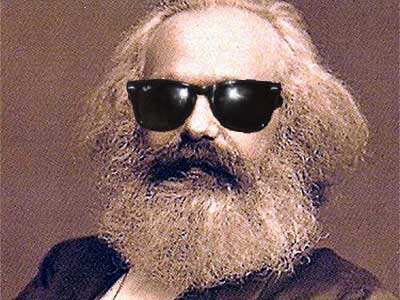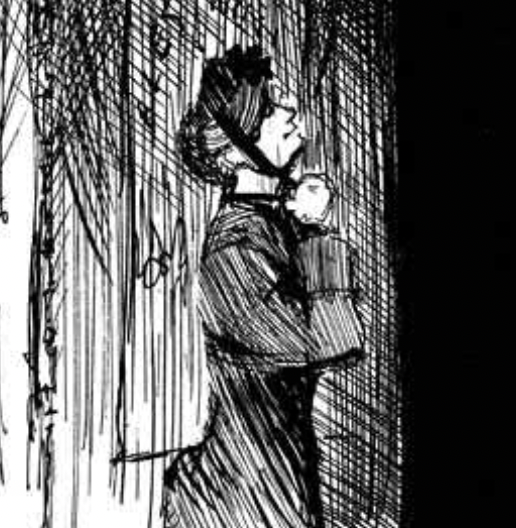*Forgive any formatting as I’m on mobile.
As I read in themes, I’m currently focusing on philosophy to try and understand it, see where I fit in the world and also reconstruct my own atheist/nihilistic worldview.
I just got done with Existentialist Cafe and got a really nice overview of all the main players in the Existentialist camp but want to finally take the leap into nihilism and absurdism proper. I’ve read The Stranger and Myth of Sisyphus and like Camus a lot so far but also wanna tackle Satre, Beauvoir, and Merleau-Ponty eventually but wonder if I need to read Husserl and specifically Heidegger and Nietzche since they are controversial because of their politics. Would I be able to get away with just reading synopses of their work? I do currently have Being and Time in my list of books to get.
Also, aside from Nietzche, who else should I read regarding nihilism? I’m currently working through The Trouble with Being Born by Cioran and wanna find some more by him but also have The Antidote by Burkeman and Conspiracy Against the Human Race by Ligotti in my backlog. I did read The Book by Alan Watts the other day and though it felt like reading my stoned friend’s wild ramblings on society and how we exist in it, some coherent stuff did come through. But I don’t know if it was what I was after. I did appreciate it for introducing me to some concepts like ego and self but maybe I should have saved it for another day?
Sidenote but I’m planning on moving back and force between philosophy and socialist theory so socialist philosphers are also welcome. Generally I’m open to all suggestions.
Thanks in advance!
I found this Red Sails piece on Nietzsche interesting, also mentions Heidegger
I’m in the same place basically. I think I want to actually read the source material at some point but I recommend (though haven’t read) Losurdo and Lukacs. Btw, I don’t know about any real nihilism, as Nietzsche isn’t one. Camus is kind of like nihilism but cool and constructive. Nietzsche hated nihilism and thought it’s bad that modernity killed [belief in] god. He thinks we gotta return to pre-judeo-Christian morality where the strong (apparently him) rule the weak.
Gonna look for Losurdo and Lukacs. Different sources site Camus as a nihilist and an absurdist. Though I think he disregarded himself as neither even though he wrote the Absurd trilogy(Sisyphus etc).
I don’t think I care about someone that thinks that a group of people should rule over another group just because they are strong and that’s one of my uneducated takeaways about Nietzche so far. But then again that was Beauvoir’s whole angle for The Second Sex(also in my list) and she flipped the master/slave concept on its head, or so that is my understanding.
You want The Destruction of Reason, by Georg Lukács, and Western Marxism: How It Was Born, How It Died, How It Might Be Reborn by Domenico Losurdo.
Also literally just go on Critical Theory Workshop youtube and look up Gabriel Rockhill’s lectures about this, they are incredibly good.
He goes through not just how Heidegger and Nietzsche’s Naziism was covered up but also how the intellectual apparatus of the west originated in funding from the NATO spy organization the Information Research Department
The books themselves have a bit more about disentangling Heidegger and Nietzsche’s word games from their historical context, influences, and their descendants
Just grabbed both books. gonna look up the YT channel now. Thanks!
De nada someone should have recommended this stuff to me like ten years ago. Together we can all unfuck time.
you can read losurdos 1000 page behemouth study of nietzche: “nietzsche the aristocratic rebel”
I’m already looking at tackling Being and Nothingness, as well as, The Second Sex lol. I donno how many other 1000 page tomes I can do rofl.
https://redsails.org/losurdo-und-telepolis/ redsails loves the guy so theyve uploaded an interview that he did about the book which i think covers some key points
EVERYONE LOVES LOSURDO AND SO DO YOU
Yes, even if you know for a fact that you’ll reject both of them. They’re too important for everything else that happens in continental philosophy. Almost everyone else is responding to them or interpreting them in different ways.
For Heidegger: you can get away with only reading the first division of Being and Time but I’d also prioritize “The Origin of the Work of Art” and “The Question Concerning Technology,” among other pieces included in Heidegger’s Basic Writings. Even if your main question as a reader is “What’s fashy about this ostensibly non-political text?” it’s important. I’m not going to claim it’s necessary for everyone to read him, but since you’re interested in philosophy, you’re already researching existentialism, and you presumably have mountains of leftist books on your reading list that have been influenced, implicitly or explicitly, by Heidegger’s thought - yes, you should read him.
Re: Husserl: I know a few people who’ve read him and I don’t know if any of them recommend the experience. The folk I know who are into phenomenology are much more fond of Merleau-Ponty.
For Nietzsche: Genealogy of Morals is his most straightforward and necessary text. The Birth of Tragedy is great; The Gay Science and Beyond Good and Evil are at least fun to flip through; Twilight of the Idols is an underrated starting point. There are good reasons to loathe Nietzsche and his influence but he’s an absolute all-timer as a writer and aphorist, and if he says something deeply horrible he probably has something that says the exact opposite elsewhere in his corpus. There are lots of ways to read him. For example, he’s obviously a misogynist but there are books out there that offer feminist interpretations of him. Is this ridiculous? Maybe. But there’s a reason he inspires such contortionist versatility in his readers. He contains multitudes.
For Cioran: my favorite is a A Short History of Decay. His first book, written in Romanian, On the Heights of Despair, is frequently excellent. If you’ve read even a bit of Nietzsche you’ll see where Cioran gets it from. I don’t know where else to go for nihilist thinkers, but Eugene Thacker, who does some Cioran introductions, has a book on pessimism (Infinite Resignation) that might direct you to others.
Someone poasted this not long ago.
Relatedly, a two hour Critical Theory Workshop / Midwestern Marx panel discussion: Heidegger and the Left
If you guys ever feel like Midwestern Marx is obvious about their beliefs and not as two faced as people say, consider they tricked multiple people with masters degrees and shit. Hudson, Desai, Rockhill, the press and foreign relations people of Cuba and Venezuela.
They really run multiple fronts on their little rightist oriented compatible left operation.







